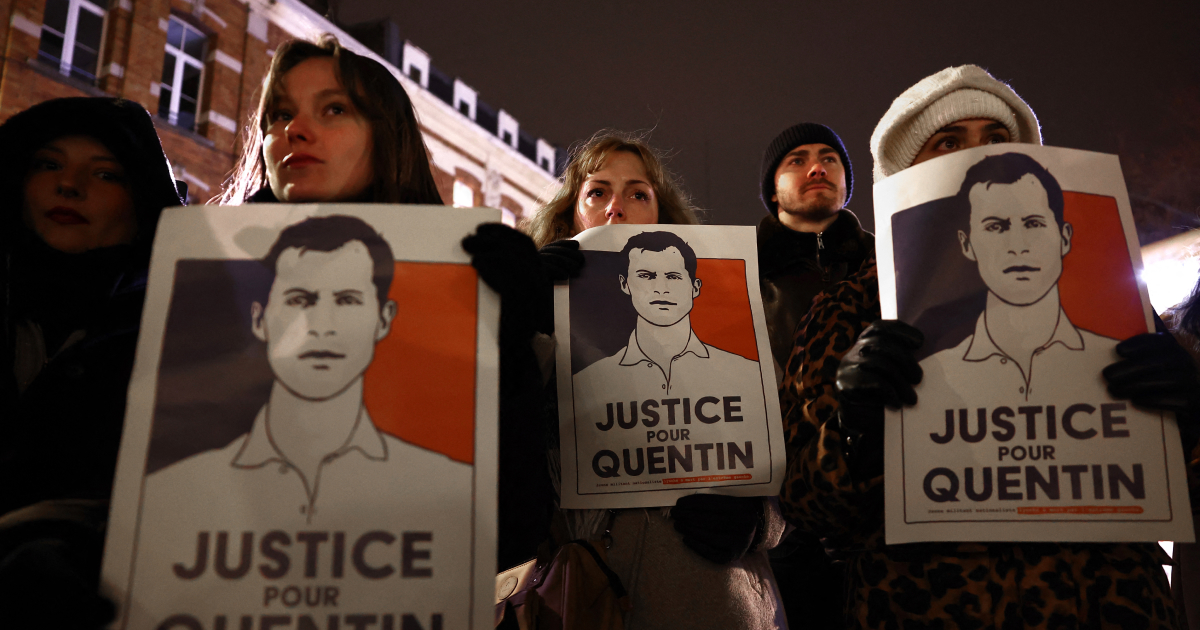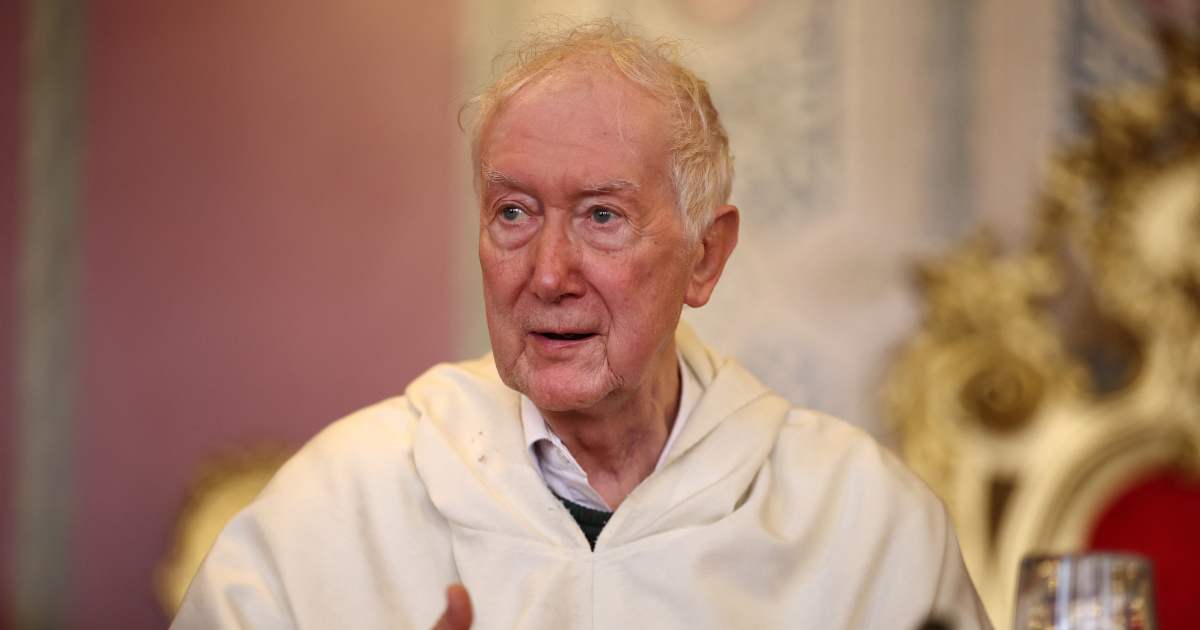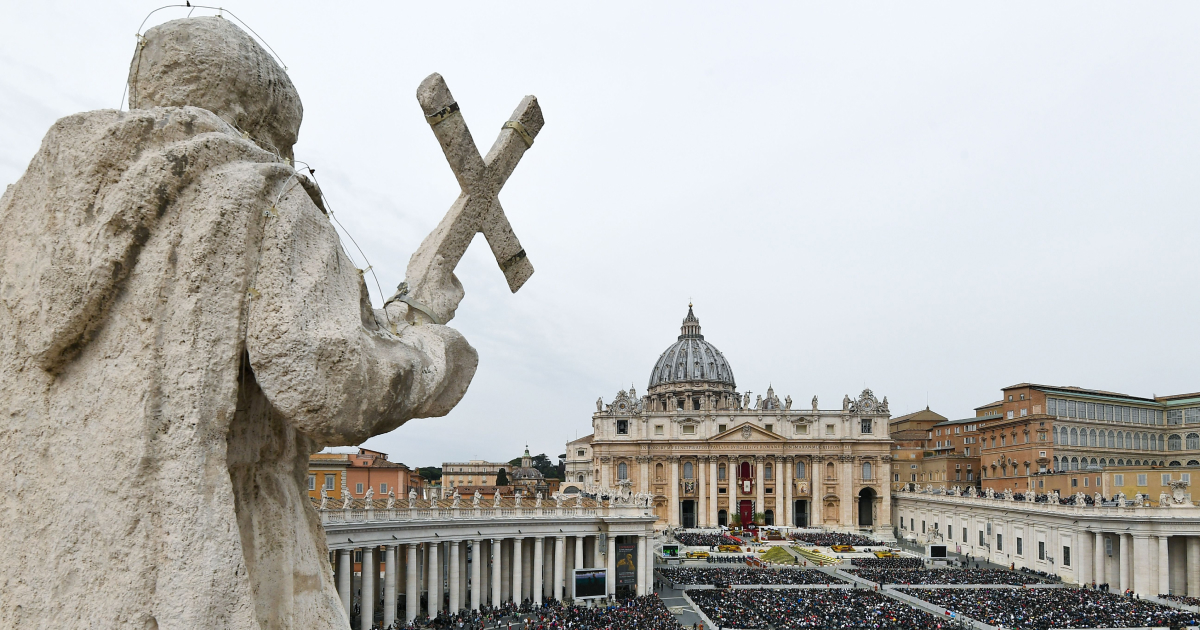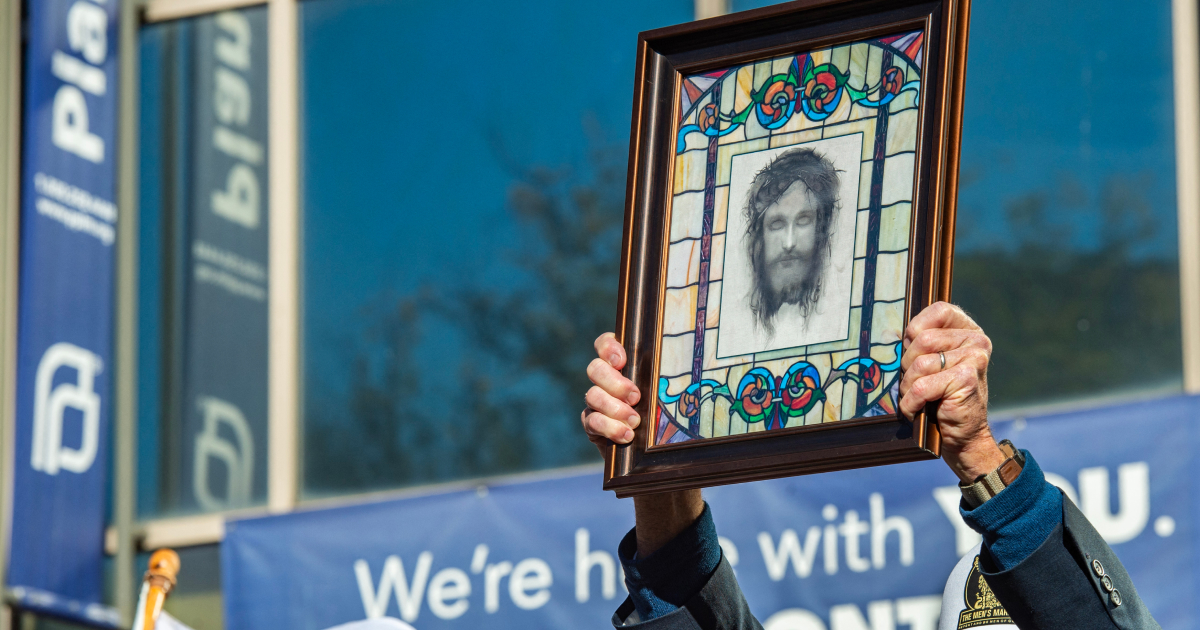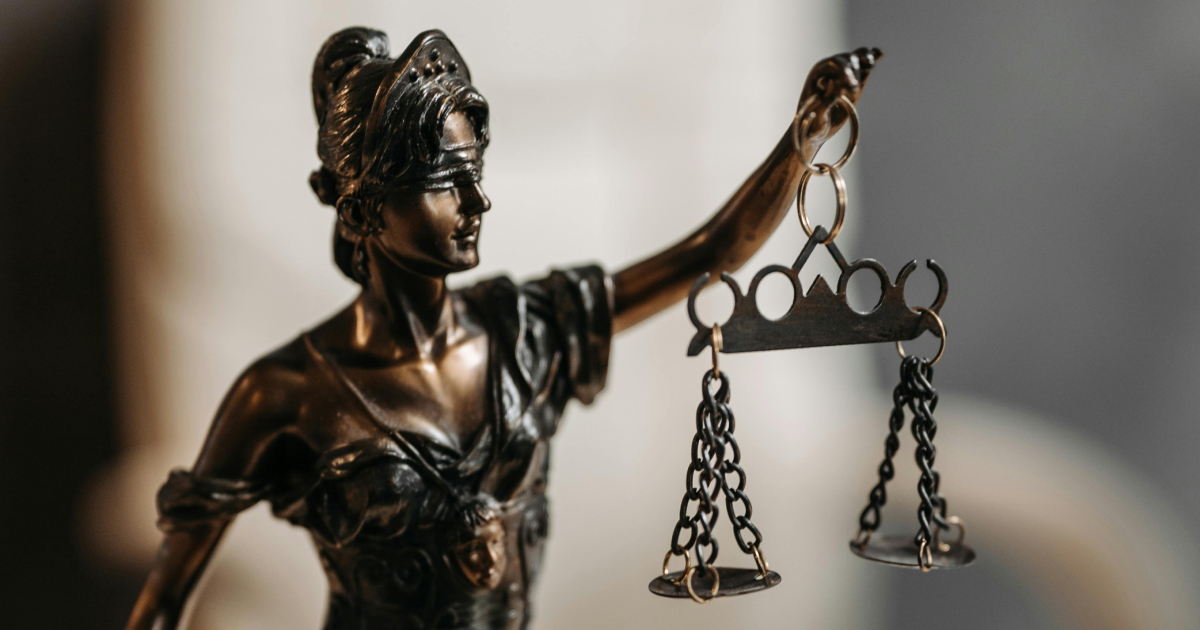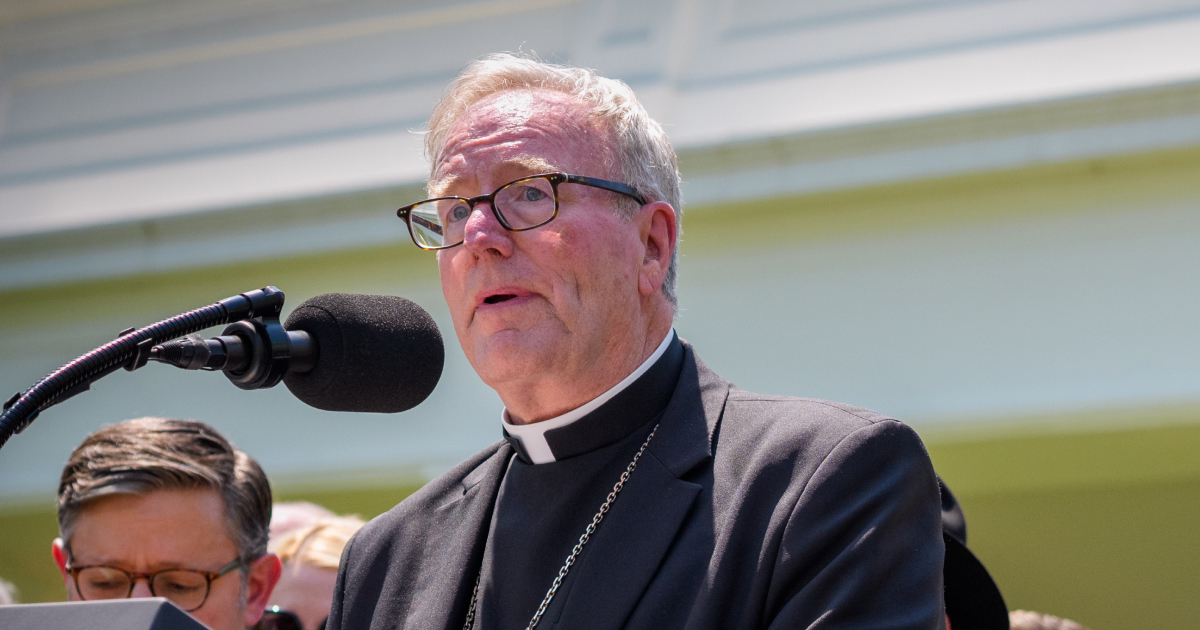Cardinal Angelo Becciu will face the first hearing of his appeal on Monday in a trial that has gripped the Vatican for more than four years.
The 77-year-old cardinal, once among the most powerful figures in the Curia, was convicted in December 2023 of embezzlement, aggravated fraud and abuse of office, and sentenced to five and a half years in prison.
The appeal, formally designated Protocol No. 26/23 RGPCA, will be heard by the Vatican Court of Cassation, the highest judicial body of the Holy See. Proceedings are scheduled to open at 8am in the newly inaugurated courtroom within the Apostolic Palace, a space created from the old Synod Hall and visited by Pope Francis earlier this month.
Cardinal Becciu, who has remained free during the process, was the cardinal to be tried under Vatican criminal law. He was accused of authorising a speculative €350 million investment in London property that prosecutors said was riddled with inflated fees, secret commissions and conflicts of interest, ultimately costing the Vatican more than $200 million.
He was also found guilty of transferring €125,000 to his brother’s charity in Sardinia without authorisation, and of funnelling more than €500,000 to Cecilia Marogna, a so-called security consultant accused of squandering the funds on luxury goods and travel.
The cardinal has consistently denied wrongdoing, maintaining that every decision was taken with papal knowledge and approval, and that the disputed transfers were for humanitarian or ecclesial purposes.
His defence team is expected to focus heavily on procedural flaws, alleging the use of undisclosed papal decrees to justify wiretaps and detentions, and claiming that witnesses were coached. They are also set to argue that crucial exculpatory evidence was ignored during the original hearings.
The appeals court will also examine a fresh cache of more than 3,000 pages of leaked WhatsApp messages between Francesca Immacolata Chaouqui, a former Vatican communications adviser, and Genevieve Ciferri, a PR specialist. Published in August, the messages point to attempts to influence witnesses and shape media coverage, fuelling speculation of higher-level interference within the Vatican.
The trial opened in July 2021 and concluded two and a half years later with the convictions of Cardinal Becciu and nine other defendants, including financiers Raffaele Mincione and Gianluigi Torzi, banker Enrico Crasso, and former Secretariat official Fabrizio Tirabassi. Five received prison sentences of varying lengths.
In October 2024, the Vatican released an 800-page judgment detailing why the court found the cardinal guilty, declaring that his actions represented a blatant disregard of fiduciary responsibility.
For the Holy See, the case has become emblematic of the push for financial reform championed by Pope Francis, who personally authorised the investigation but has never been named as a defendant. Yet the trial has also proved deeply uncomfortable, with repeated references to the Pope’s involvement in approving sensitive financial manoeuvres. The appeal comes just weeks before the Synod on Synodality opens in Rome, adding a layer of political delicacy.
If the appeal upholds the judgment, it will confirm the Vatican’s determination to hold one of its former most senior figures to account. But if the case is overturned or reopened, it could cast new doubts over the credibility of the Holy See’s financial oversight.
Cardinal Angelo Becciu, a native of Sardinia, rose through the Vatican’s diplomatic service before becoming sostituto, or deputy, in the Secretariat of State in 2011, a role that effectively made him the Pope’s chief of staff for internal Church governance. Widely regarded at the time as one of the most influential officials in the Curia, he was entrusted with overseeing delicate diplomatic, financial and pastoral matters on behalf of the Holy Father.
Pope Francis created him a cardinal in 2018 and named him prefect of the Congregation for the Causes of Saints, but his career unravelled two years later when he was asked to resign amid allegations of financial misconduct, triggering what would become the most significant criminal trial in modern Vatican history.
The scandal deepened earlier this year during the conclave, when Cardinal Becciu initially declared himself eligible to take part in the election of the new pope before abruptly withdrawing his right to vote, citing obedience to Francis and the good of the Church.





.png)


